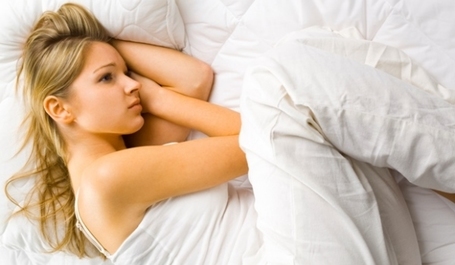
Experiencing breathing problems during sleep may raise your risk of depression, a new study suggests.
Women with sleep apnea, in which breathing becomes shallow or pauses briefly during sleep, were 5.2 times as likely to have depression compared with women without the condition. Men with sleep apnea were 2.4 times as likely to have depression as men without the condition, according to the study from researchers at the Centers for Disease Control and Prevention (CDC).
Participants in the study who had other breathing problems during sleep also had an increased risk of depression. However, the researchers found no increased likelihood of depression among people who snore.
"Snorting, gasping or stopping breathing while asleep was associated with nearly all depression symptoms, including feeling hopeless and feeling like a failure," said study researcher Anne Wheaton, an epidemiologist with the CDC. "We expected persons with sleep-disordered breathing to report trouble sleeping or sleeping too much, or feeling tired and having little energy, but not the other symptoms."
Both depression and breathing problems during sleep are common, and both are underdiagnosed, the researchers wrote. Screening people who have for one disorder for the other could lead to better diagnosis and treatments, they said.
The researchers took into account other factors that might influence the results, such as age, sex and weight. The results are in line with those of the other studies, the researchers said.
The study found an association, not a cause-and-effect link. However, the researchers wrote that evidence from other research suggests that breathing problems during sleep may contribute to the development of depression. For example, one previous study found a link between the severity of breathing problems during sleep and the odds of later developing depression. And other studies have shown that people who received treatment for sleep apnea showed improvement in their depression.
"Mental health professionals often ask about certain sleep problems, such as unrefreshing sleep and insomnia, but likely do not realize that [breathing problems during sleep] may have an impact on their patients' mental health," the researchers wrote in their conclusion.
0 comments:
Post a Comment